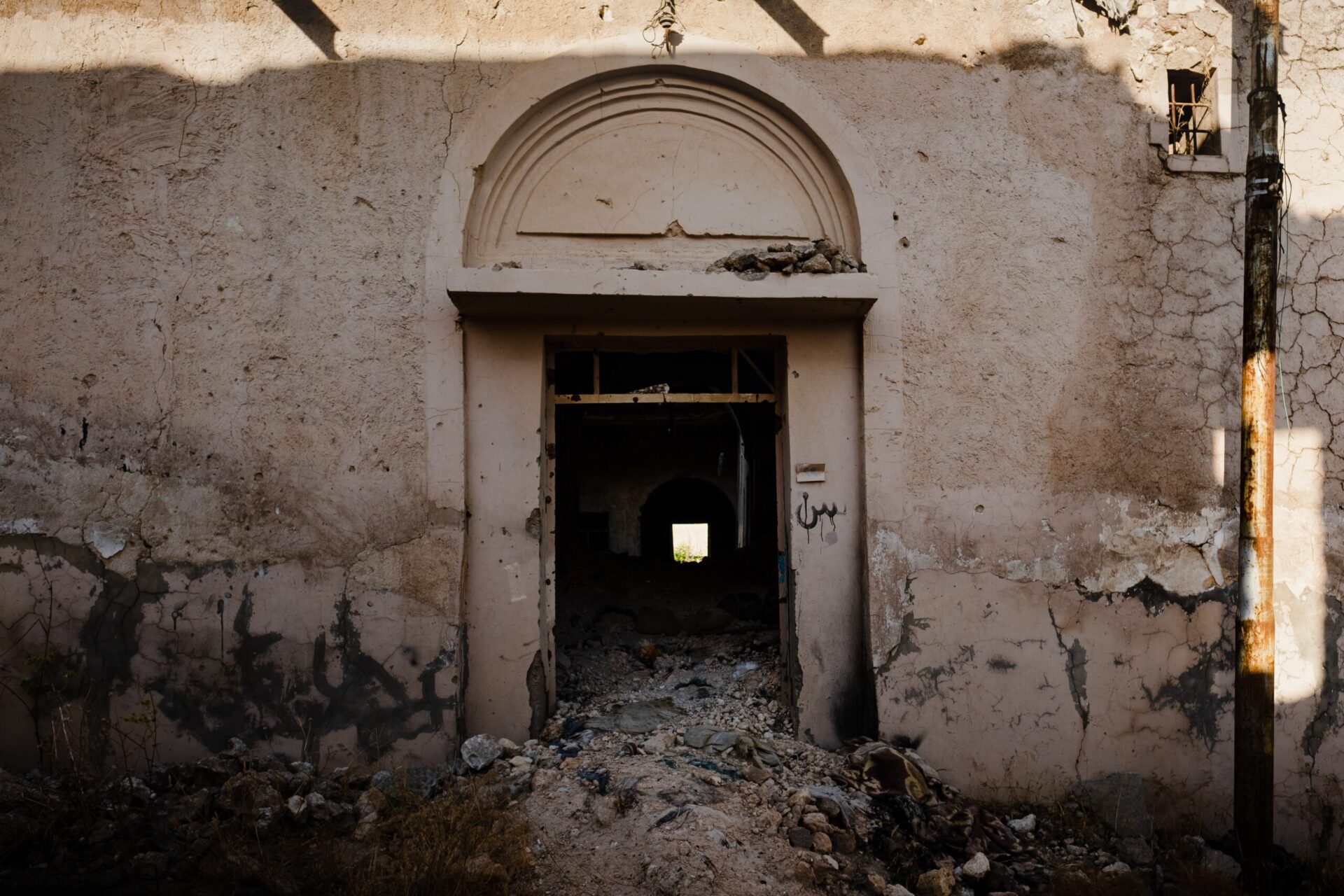(RUSI) – Western policymakers may weigh up a number of ways to help the rebels in Libya – what should not be in doubt, however, is their obligation to provide some much-needed assistance.
In the run-up to and since the passing of UN Resolution 1973, Western powers have insisted that they draw their legitimacy from the Arab League’s call for action. While symbolically important, questions can be asked regarding why legitimacy should – or, indeed, whether it even can – be derived from a group of largely autocratic nations, whose regimes by and large hardly recognise the value of universal human rights in their own societies. The legitimacy of moving to protect civilians vulnerable to slaughter is intrinsic. It does not need to be attained by the endless pursuit of consensus, let alone from those who do not embrace those principles.
The Arab League is acting disingenuously by claiming that their criticism of the weekend’s military strikes is due to their opposition to the shelling of civilians. Member states appreciated that the broad definition of Resolution 1973’s ‘protecting civilians and civilian population areas’ would entail military strikes against Qadhafi’s air defence systems and advances on rebel towns. Furthermore, there have thus far been no independent verifications of the Qadhafi regime’s claims of the numbers that have been killed by the strikes.
The UN’s doctrine of Responsibility to Protect (elsewhere referred to as ‘R2P’), which advocates intervention if leaders are unable or unwilling to prevent humanitarian atrocities, or are complicit in causing them, is an extension of the Western liberal traditions that embraced universal human rights. Representatives of the Arab League are left wanting regarding the satisfactory adoption of these principles, and are suffering a credibility problem as rulers in Bahrain, Saudi Arabia and Yemen are busy suppressing their own opposition. Leaders of the Arab League who claim to be supporting the armed pursuit of these principles abroad will not succeed in duping their own people. Domestic oppositions can see the manner in which their governments are attempting to hedge their bets by applying such double standards – and their discontent will not be assuaged by their rulers’ superficially benign foreign policy.
Read Full Article: RUSI
Barak Seener is the CEO of Strategic Intelligentia and a former Middle East Fellow at the Royal United Services Institute (RUSI). He is on Twitter at @BarakSeener.





